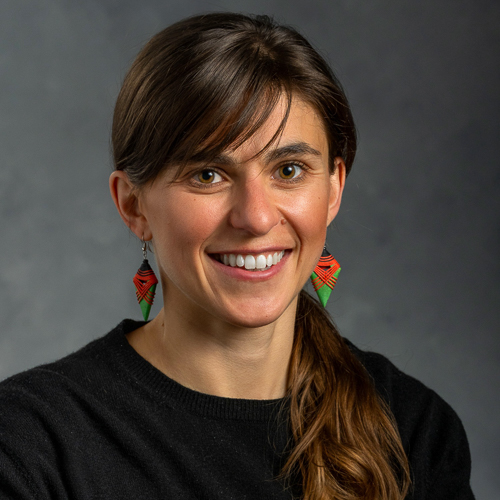New Ecosystem Evolves in the Long-term Experimental Evolution Project
The Lenski Lab at Michigan State University is home to the famous Long-term Experimental Evolution Project (LTEE). The project began with a single strain of E. coli that was split into twelve cultures. Now more than 60,000 generations of E. coli have proliferated since the project's origin in 1988.
Caroline Turner, Richard Lenski and colleagues recently published a pre-print about an exciting new finding from the LTEE. This project was an integral part of Turner's recent Ph.D. dissertation.
"We studied a population of E. coli evolving in the laboratory in which some of the bacteria had evolved the ability to grow using a carbon source, citrate, even though inability to grow on citrate under aerobic conditions is one of the identifying characteristics of E. coli. Rather than taking over the entire population, the citrate consumers coexisted with a group of bacteria that could not consume citrate. Our research looked at how the citrate consumers modified their environment and how those changes altered the evolution of the coexisting bacteria."
"In the process of taking up citrate, the citrate consumers release additional carbon molecules into the environment. The coexisting bacteria that can't consume citrate evolved in response by improving their ability to grow on these new molecules. This evolution actually makes the coexisting bacteria worse competitors in their original environment," Turner explained.
Turner mentioned two of the implications for these findings: "This project shows experimentally (1) how organisms can modify their environment and how those modifications can affect subsequent evolution and (2) how 'evolutionary tinkering' or jury-rigging can affect the ecology and evolution of a system."
Lenski said that "One of the best things about this long-term experiment is all the terrific students, like Caroline, who have contributed so many insights and so much hard work to its success."



